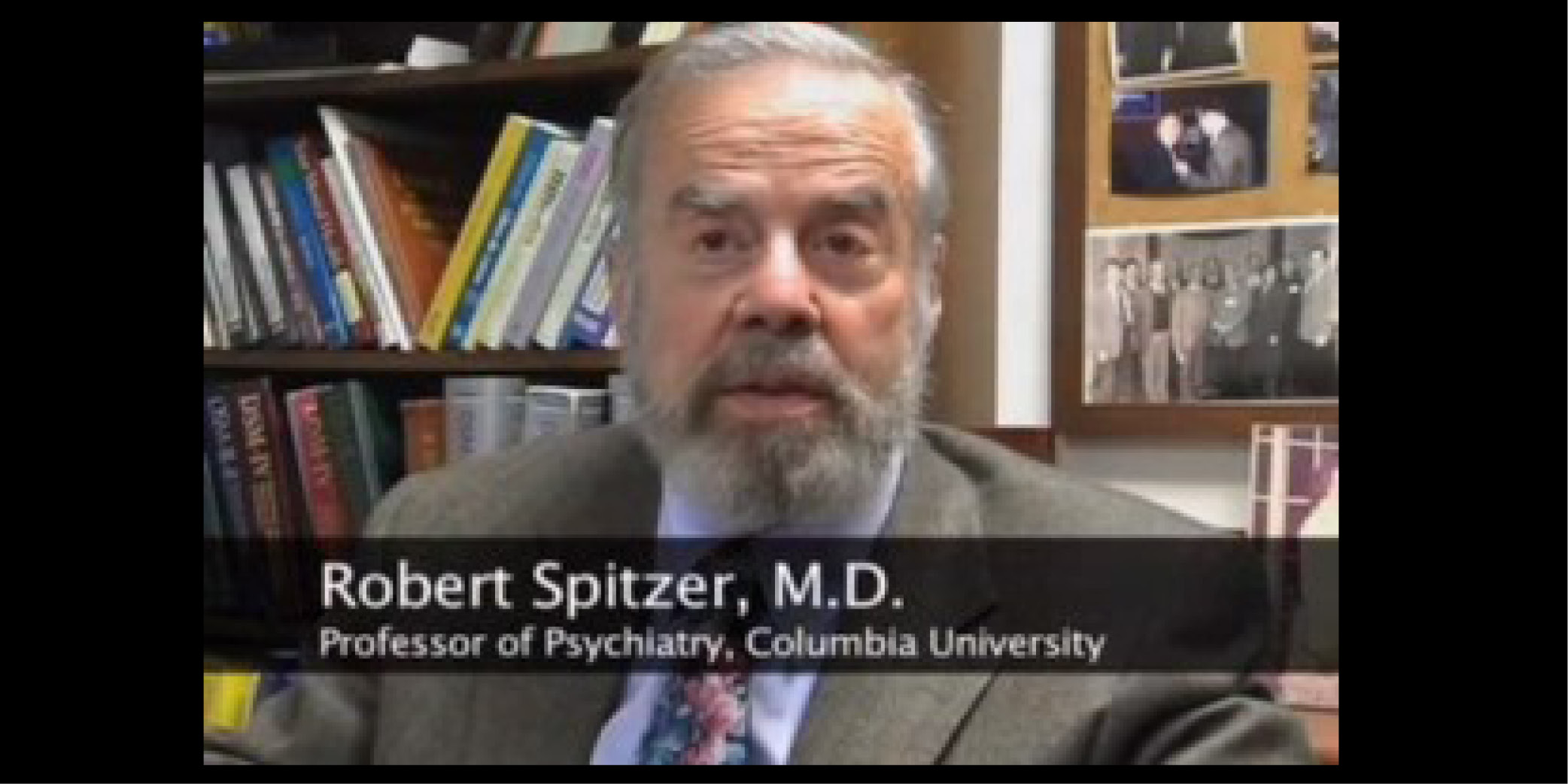By Bob Roehr

Homosexuals in America were "cured" in 1973 when the American Psychiatric Association (APA) voted to remove homosexuality from their list of mental illnesses.
Robert L. Spitzer played a key part in achieving that goal and in subsequent revisions of the Diagnostic and Statistical Manual of Mental Disorders (DSM), which defined all mental illnesses.
The young psychiatrist was drawn into the role of note taker for a revision of the DSM. He was open to arguments that gay activists made in the early 1970s that homosexuality was not an illness but rather was part of the spectrum of normal human behavior.
But Spitzer also realized that many in the profession were not amenable to completely normalizing homosexuality. He proposed a compromise that lifted much of the stigma of mental illness but still retained a diagnostic category of "sexual orientation disturbance" for those who were distressed by the fact that they were gay.
"In those days, I found him [Spitzer] pleasant, cooperative, and sympathetic," the late gay activist Frank Kameny would recall in a private communication in 2005. Kameny played a leading role in pressing the APA to change its policy on homosexuality.
"Kameny and others understood, I think correctly, that the diagnosis perpetuated the stigma (against gays)," said Jack Drescher in a Skype conversation from Paris where he was vacationing. "Once you remove that stigma you would change everything."
"Once people could not hide behind science and medicine any more, the arguments (against equal rights for gays) were harder to defend," Drescher added. He is a leading gay psychiatrist who practices and teachers in New York.
Spitzer waded into controversy again in 2001 when he published a paper suggesting that at least some people could change their sexual orientation. It was based upon interviews with persons treated by the "ex-gay" movement. The anti-gay right immediately seized upon this to buttress their agenda.
Other psychiatrists attacked the study over methodological and other issues. Spitzer conceded many of their argument, attempted to withdraw the paper from publication, and in a highly unusual move, apologized for it.
Drescher met Spitzer during this period and they subsequently became close friends. "I don't think that (Spitzer) was fully prepared for the media frenzy that was in part created by the people on the right," he said.
Spitzer spent almost his entire life in the New York area, training at the New York University School of Medicine and teaching at the Columbia University Center for Psychoanalytic Training and Research.
He is perhaps best known for his role in revising DSM-3, which standardized definitions and treatment of mental health disease. That volume marked the turning point of psychiatry away from individual case studies to a more standardized and rigorous, more medical approach to mental heath.
Spitzer increasingly suffered from Parkinson's Disease, though the immediate cause of death was heart disease, at the age of 83.










